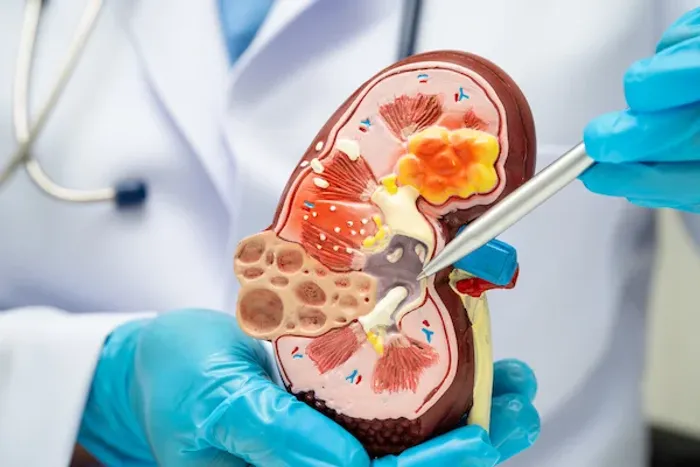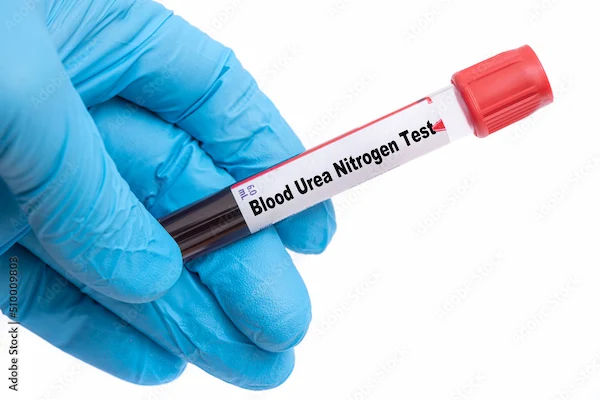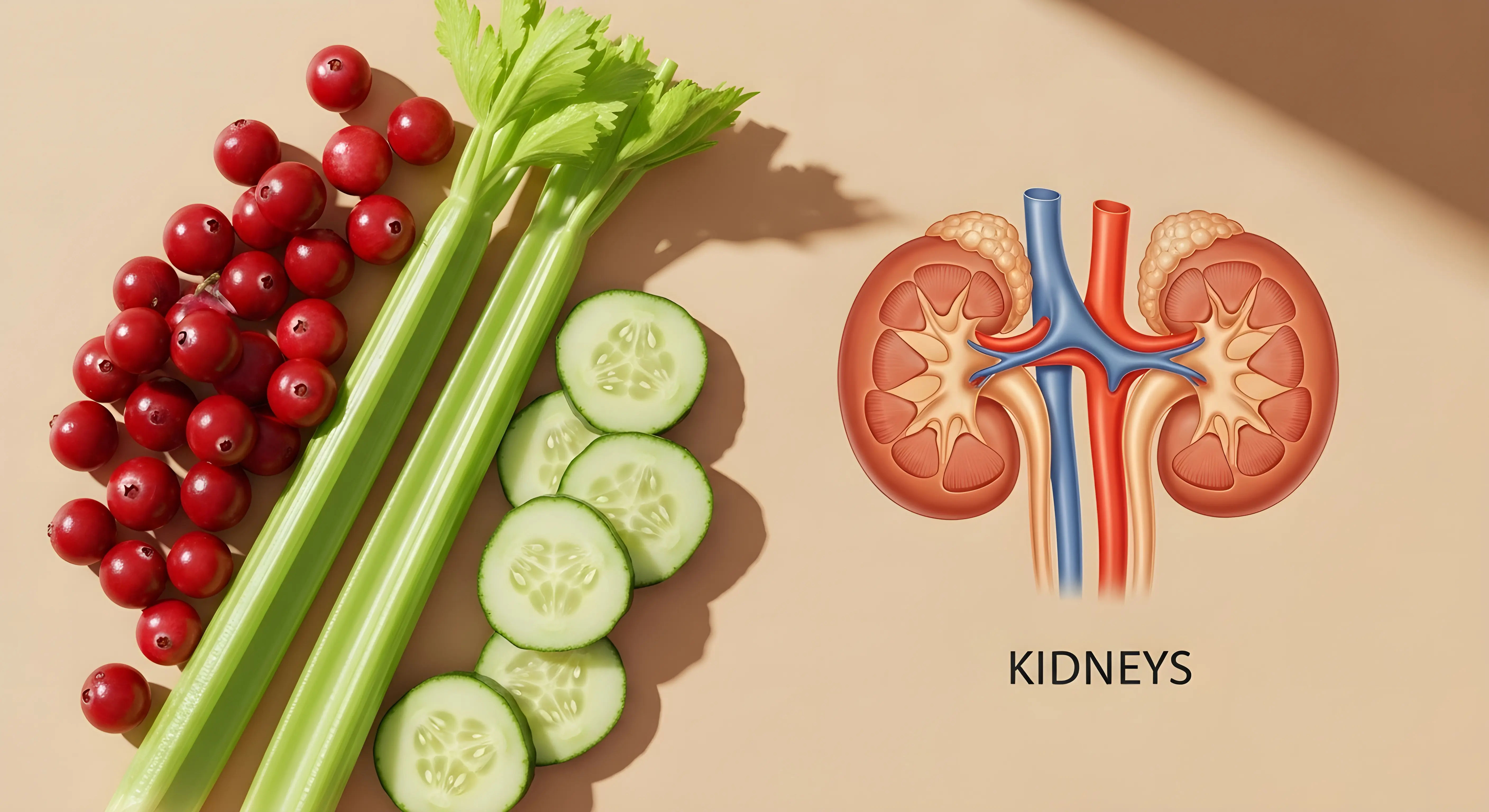Beer and Kidney Stones: A Surprising Guide to the Facts and Myths
Know about the connection between beer and kidney stones, does the beer help in removal? Dangers of using beer, symptoms of a kidney stone and more.

Written by Dr. Siri Nallapu
Reviewed by Dr. Dhankecha Mayank Dineshbhai MBBS
Last updated on 13th Jan, 2026

Introduction
The excruciating pain of a kidney stone can drive anyone to seek quick relief, often leading them to explore well-known home remedies. One of the most persistent pieces of advice passed down through generations is the idea that drinking beer can help you pass a kidney stone. It sounds almost too good to be true—a painful problem solved with a cold one. This guide dives deep into the complex relationship between beer and kidney stones, separating fact from fiction. We'll explore the science of how alcohol affects your kidneys, uncover the real risks of this approach, and provide you with evidence-based strategies for both passing stones and preventing them from forming in the first place.
The Persistent Myth: Does Beer Really Help Pass Kidney Stones?
The notion that beer can aid in passing kidney stones is widespread, particularly in informal circles and online forums. The theory is appealingly simple: beer makes you urinate more, and increased urination might help "flush out" a small stone stuck in your urinary tract. While this logic seems sound on the surface, the reality is far more complicated and potentially hazardous.
Consult a Top Nephrologist for Personalised Advice
Where Did This Idea Come From?
This myth likely stems from two observable effects of drinking alcohol. First, alcohol suppresses the production of vasopressin, an antidiuretic hormone (ADH). Normally, ADH tells your kidneys to reabsorb water. When it's suppressed, your kidneys release more water, leading to increased urine output—a process known as diuresis. Second, the act of drinking any large volume of fluid, including beer, will naturally increase urine flow. People who have passed a stone after drinking beer may mistakenly attribute their success to a special property of the beer itself, rather than the simple increase in fluid volume.
The Kernel of Truth: The Diuretic Effect
Beer indeed has a diuretic effect. In the short term, consuming a beer will lead to more frequent urination. For a very small stone that is already on the verge of passing, this sudden surge of urine might provide the extra push needed to move it along. However, this is a highly unreliable and risky strategy. Relying on this minor, temporary effect ignores the significant negative consequences that follow, which we will explore next. It's akin to trying to put out a small fire with a cup of gasoline—you might get a burst of flame that consumes the initial fuel, but you're likely to make the overall situation much worse.
The Hidden Dangers of Using Beer for Kidney Stones
Choosing to use beer as a remedy for kidney stones is fraught with risks that can exacerbate the very problem you're trying to solve. Understanding these dangers is crucial for making informed decisions about your health.
Dehydration: The Ultimate Irony
This is the most critical danger. While beer initially makes you urinate more, it does so by pulling water from your body. The diuretic effect of alcohol can lead to a net loss of fluids, ultimately leaving you dehydrated. Dehydration is a primary risk factor for the formation of kidney stones in the first place. When you're dehydrated, your urine becomes more concentrated with minerals like calcium, oxalate, and uric acid, creating the perfect environment for crystals to form and grow into painful stones. Therefore, using a dehydrating substance like beer to treat a condition caused by dehydration is profoundly counterproductive.
Oxalate Content: A Risk Factor in Disguise
Many kidney stones are composed of calcium oxalate. Certain foods and drinks are high in oxalates, and consuming them can increase the oxalate levels in your urine, raising your risk of stone formation. While most beers are relatively low in oxalates, some, especially dark beers like stouts and porters, can contain moderate amounts. For a chronic stone former, regularly consuming high-oxalate beers could contribute to the problem. It's an unnecessary gamble when safer hydration options are available.
Weight Gain and Uric Acid Stones
Beer is calorie-dense and can contribute to weight gain. Obesity is a known risk factor for kidney stones. Furthermore, beer contains purines, which the body breaks down into uric acid. High uric acid levels can lead to the formation of uric acid stones or contribute to the growth of calcium oxalate stones. This makes beer a particularly poor choice for individuals prone to this specific type of stone.
Better, Safer Alternatives to Beer for Kidney Health
If beer is not the answer, what is? Fortunately, there are several highly effective and safe strategies for supporting your kidney health and preventing stones.
Water: The Undisputed Champion
Plain water is the gold standard for kidney stone prevention and overall hydration. It dilutes the minerals and salts in your urine, making it much harder for them to crystallise. Aim for enough fluid to produce at least 2 litres of pale, clear urine per day. This typically means drinking 8-10 glasses of water, but your needs may vary based on climate and activity level.
Other Kidney-Friendly Beverages
Lemon Water: This is a superstar for stone prevention. Lemons are high in citrate, a natural compound that inhibits the formation of calcium oxalate stones. Squeezing the juice of one or two fresh lemons into a large glass of water daily can be highly effective.
Orange Juice: Also contains citrate, though it has more calories and sugar than lemon water.
Herbal Teas: Certain caffeine-free herbal teas can contribute to your fluid intake without the diuretic effects of caffeine or alcohol.
Foods that Help Prevent Stone Formation
A diet low in sodium and animal protein, and rich in calcium from food sources (not supplements), can help. Contrary to old advice, dietary calcium actually binds to oxalate in the gut, preventing it from being absorbed and ending up in the kidneys.
When to Seek Professional Help
While hydration is key for prevention, an active kidney stone is a medical issue that often requires professional care.
Recognising the Symptoms of a Kidney Stone
Symptoms can include severe pain in the back, side, lower abdomen, or groin; pain that comes in waves; pink, red, or brown urine; cloudy or foul-smelling urine; a persistent need to urinate; and nausea or vomiting.
Why Self-Treating with Beer is Risky
Attempting to flush kidney stones fast with beer can mask serious symptoms. If a stone is too large to pass, it can cause a blockage, leading to infection or permanent kidney damage. This requires immediate medical intervention. If you experience severe pain, fever, chills, or an inability to urinate, you should seek emergency care immediately. For ongoing management and prevention, consulting a urologist is essential. If your symptoms persist, you can consult a doctor online with Apollo24|7 for an initial evaluation and guidance.
Conclusion
The idea of using beer to treat kidney stones is a compelling but dangerous myth. While the short-term diuretic effect might seem helpful, the subsequent dehydration and other risks make it a poor choice for kidney health. The scientific evidence is clear: consistent, high-volume hydration with the right fluids—primarily water, especially when enriched with lemon juice—is the cornerstone of effective kidney stone prevention and management.
Your health is too important to trust to folklore. By understanding the science behind kidney stones and adopting evidence-based strategies, you can take proactive control of your urinary health. Remember, if you are prone to stones or are experiencing symptoms, professional medical advice is invaluable. A doctor can help you identify the type of stones you form and create a personalised prevention plan. If your condition does not improve after trying these methods, you can book a physical visit to a urologist with Apollo24|7 for comprehensive care.
Consult a Top Nephrologist for Personalised Advice
Consult a Top Nephrologist for Personalised Advice

Dr. Manju Kamal
Nephrologist
12 Years • MBBS,MD(General Medicine), DNB,DM(Nephrology)
Angamaly
Apollo Hospitals Karukutty, Angamaly
Dr. Nithyashree Nandagopal
Nephrologist
10 Years • DNB (Gen Med), DNB (Nephrology)
Chennai
Apollo Hospitals Greams Road, Chennai
(275+ Patients)

Dr. Boddanapu Mastan Valli
Nephrologist
9 Years • M.D, D.M.
Nellore
Apollo Speciality Hospitals, Nellore

Dr. Pardha Saradhi
Nephrologist
9 Years • MBBS, MD-DNB (Gen. Med.), DNB (Nephro)
Hyderabad
Apollo Hospitals D R D O kanchanbagh, Hyderabad
(75+ Patients)

Dr. Kity Sarkar
Nephrologist
15 Years • MBBS,MD(Genl. Med.), DrNB(NEPHROLOGY)
Kolkata
Dr. Kity Sarkar's Clinic, Kolkata
.webp)

